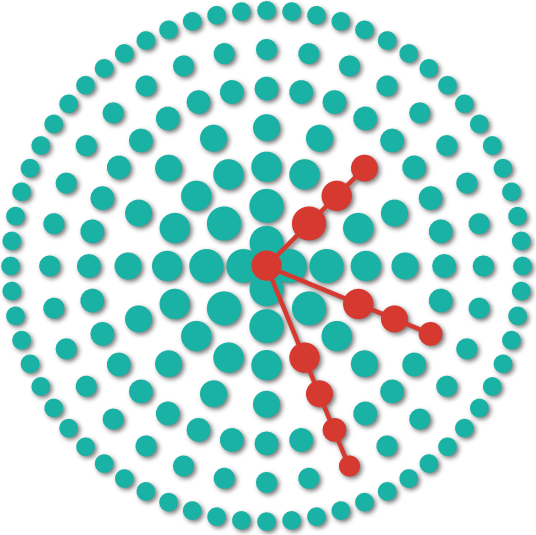Dear Friends and Members,
I hope this message finds you in good health.
I am writing to invite you to our upcoming national webinar, scheduled for Thursday, the 27th of July at 7:30 pm.
We are delighted to have a special guest joining us:
David Martin, the CEO of MS Trust and Chair of The Neurological Alliance, to which our association belongs.
We have received numerous requests from members to cover the coexistence of TN and MS. Rest assured, we are committed to addressing this topic comprehensively and providing valuable resources to meet your needs.
This webinar will focus on the coexistence of TN and MS. David Martin’s presence promises to offer valuable insights into this complex topic, providing a deeper understanding of the challenges faced by individuals living with both conditions.
During the webinar, we will explore the intricacies of TN and MS, aiming to find solutions and offer support to one another. Your participation is important to us, and we encourage you to save the date and join us for this event.
We value your input and want to address any questions or concerns you may have. If there is anything specific you would like us to discuss, please feel free to share it with us in advance.
However, please note that we cannot provide specific medical advice or discuss individual treatment options.
Thank you for being a valued member of our association.
I look forward to seeing you on the 27th
Warmest regards,
Aneeta
CEO TNA Aneeta Prem MBE
Please note this will not be recorded and you will not be able to record on the night due to GDPR compliance.
Multiple Sclerosis (MS) and TN:
- MS is a central nervous system disease.
Around 10% of individuals with MS experience TN symptoms, likely due to MS-related lesions in the trigeminal nerve pathways.
TN is rarely the initial symptom of MS, but routine MRI scans may detect MS-related changes in patients with TN.
Diagnosis of MS is typically made by a neurologist, often with expertise in MS, using a neurological history, examination, and additional tests such as MRI, lumbar puncture, and evoked potentials.
TN pain in MS patients presents similarly to classic TN but has a higher likelihood of occurring on both sides of the face.
Face pain and MS:
- Approximately one-third of individuals with MS may experience varying levels of pain, including neuropathic pain.
MS causes nerve damage, leading to disrupted signals and a range of painful sensations.
MS-related myelin destruction often occurs at the root of the trigeminal nerve, where vessel compressions are typically found in classic TN.
An attack of TN is usually not the first indication of MS, as most MS patients would already have other MS symptoms.
MS vs. classic TN:
- MS-related TN is three times more likely to cause pain on both sides of the face compared to TN without MS.
Bilateral TN pains act independently, but patients often report more severe pain on one side. The treatments may differ in effectiveness due to the self-sustained nerve injury in MS-related TN.

